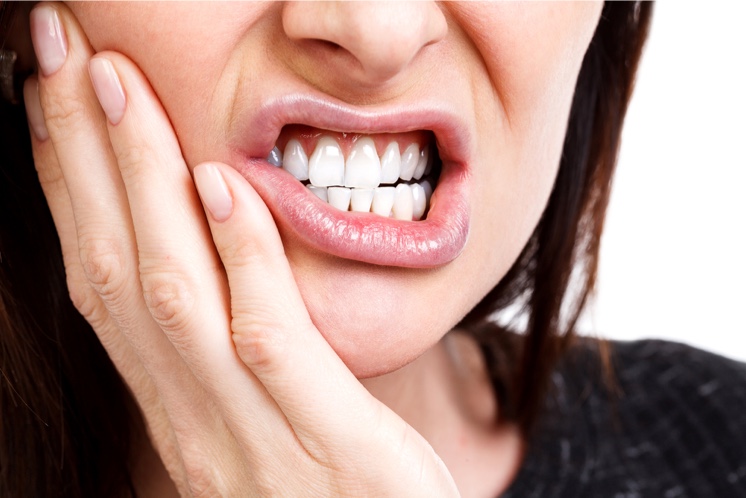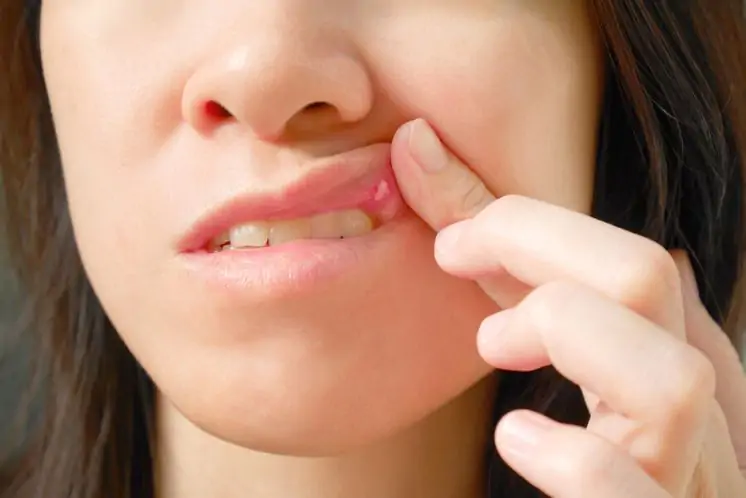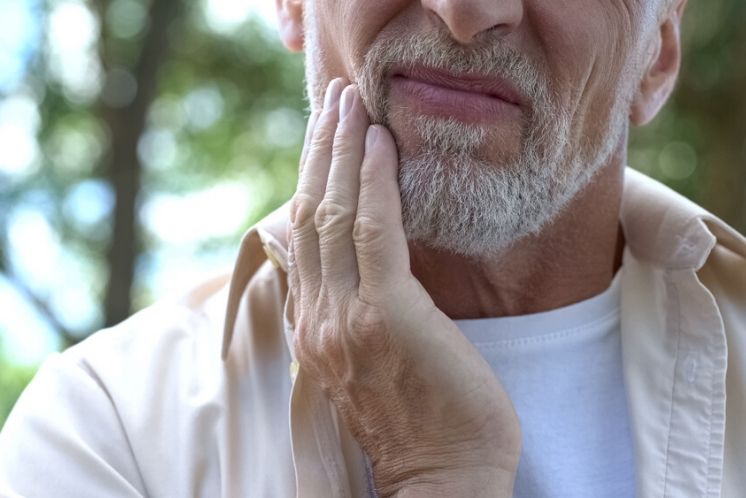Tongue ulcers: how to cure them and what causes them

They are small superficial aphthae that appear on your mouth, especially on your tongue, and which often make eating and talking uncomfortable.
The exact cause of most mouth ulcers is unknown. It is thought that stress or injury due to a trauma are the most common causes of simple ulcers.
Certain food, such as citric or acidic fruit and vegetables can cause a mouth ulcer or worsen the symptoms. Sometimes a sharp tooth or dental apparatus, such as orthopaedic brackets or badly adjusted dentures, can also cause these mouth ulcers.
Some cases of complex mouth ulcers are caused by an underlying health condition, such as a deteriorated immune system; nutritional problems, such as a lack of vitamin B-12, zinc, folic acid or an iron deficiency, or gastrointestinal tract diseases, such as celiac disease or Crohn’s disease.
Ulcers that appear on your tongue can be painful and before they appear, you may have a feeling of pins and needles or a burning sensation. They are round, grey or white and have a red border.
In severe attacks of mouth ulcers, you can also have a fever, physical tiredness and inflammation of the lymph nodes.
Prevent mouth and tongue ulcers
Avoiding foods that may encourage the appearance of ulcers in your mouth and on your tongue is essential to prevent them. Aside from the citric and acidic foods previously mentioned, the following foods can cause mouth ulcers:
Foods that may cause mouth ulcers
- Nuts: Although they are essential for our organism, the consumption of peanuts and almonds can cause ulcers on our tongue and in our mouth.
- Strawberries: This food can be too acidic and can favour the appearance of mouth ulcers. If we already have a mouth ulcer, it is better not to eat this fruit until it is cured. Vegetables that we should avoid include tomatoes.
- Coffee and chocolate: Aavoid this food and this drink if you tend to get mouth ulcers.
- Cheese
Oral cleaning and hygiene
Aside from changing certain habits in our diet, correct oral cleaning and hygiene are also essential. Brushing your teeth three times a day, after each meal, will also help to treat and prevent such mouth ulcers. You should also avoid brushing your teeth too vigorously. This may damage the mucosa in our cavity and lead to the appearance of these bothersome ulcers.
In turn, as prevention and during the time that we have such discomfort, it is advisable to use mouthwashes that favour the cure of ulcers. Depending on the size and number of ulcers that we have in our mouth, it is recommendable to use a special type of mouthwash that reduces pain and inflammation. In these cases, it is advisable to consult a dentist so they can recommend the product that best suits us.
Other habits to avoid
- Smoking: Smoking may be behind the appearance of aphthae or ulcers in our mouth. If they appear, you should avoid smoking so that they get better quicker and more effectively.
- Stress: Nervousness can cause stress and this may lead ulcers to appear in our outh. In turn, anxiety may cause us not to pay attention to eating or chewing correctly, which could cause us to accidentally bite ourselves.
- Not taking care when wearing apparatuses: Dental prostheses or braces can sometimes cause discomfort and injuries or ulcers in our mouth. To avoid this, dental wax exists that can be placed in the most irregular and/or rough areas. This way, we soften that area, together with the impact and rubbing of our mouth with said area.
Curing mouth and tongue ulcers
The pain of a mouth ulcer generally subsides after a few days and they normally get better without treatment in approximately one or two weeks at most. Mouth ulcers on your tongue treated with dental lasers show an almost complete immediate relief of symptoms.
Although there is no cure for mouth ulcers and they often re-occur, it is possible to reduce their frequency by reducing foods that irritate, such as citric fruits, acidic vegetables and spicy food, and avoiding irritation caused by chewing gum.
Furthermore, it is important to clean your teeth with a brush with soft bristles after meals and to use dental floss on a daily basis, which will keep your mouth free from foods that can cause ulcers.








